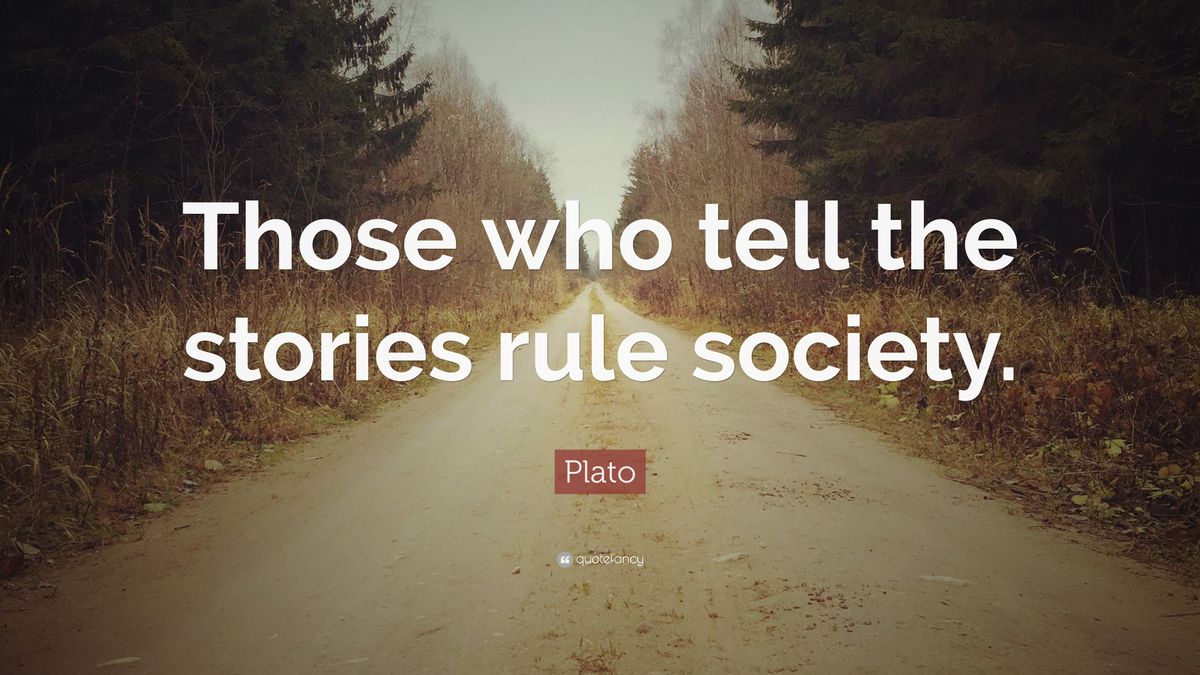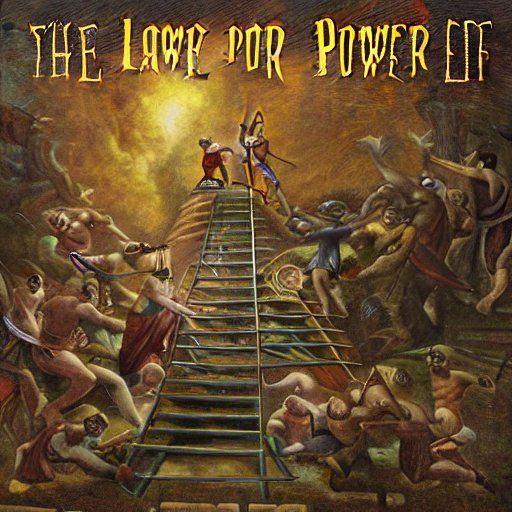Narratives - Part 1
Stories are extremely influential, they are innate to humans and humans derive their model of the world from stories. And this is true of orgs as well — your organisation is telling itself stories in order to make sense of itself.

once upon a time,
in a land not so far away, there was an engineering leader who joined a new organisation. On his first day on the job, he arrived at the office, on time and eager to get started only to find the office mostly empty. But while it was mostly empty, the few people who were there were all huddled around one computer looking stressed. He goes up to them and introduces himself. “What’s going on?” he asks.
“Oh, the site is down.” replies a senior software engineer. She seems relatively blase´ about it, almost like this is a fairly common occurrence. The new leader decides to give everyone the benefit of the doubt and says nothing.
“Why is the site down?” he asks, tentatively.
“Oh we’ve asked for the logs. The ops team said we can have them in four hours.”
Ah! The new leader says a silent thanks to the Universe for dispelling his doubts.
Why give thanks at this point? Because the fact that engineering is so broken that developers do not have access to logs is a sign that the situation is clearly not a technical one. This situation is a cultural one.
It is a situation brought about by the engineering team’s identification with an incorrect story of who they are. No amount of resources devoted to fixing technical issues would solve this problem at core. No, when engineering culture is this broken, only a change of this story would fix it.
And it is for this clarity that the thanks were given.
Ok, story time is over. Now on to the moral.


